
Nachfolgend finden Sie eine Auflistung unserer F&E Projekte. Sollten Interesse an der Durchführung eines Projektes mit unserem Department haben, freuen wir uns auf Ihre Kontaktaufnahme.
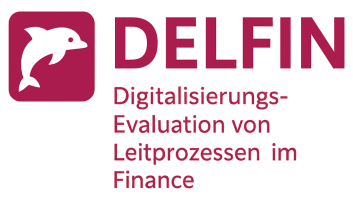
DELFIN ist eine innovative Web-Applikation zur Bewertung des Digitalisierungsgrads zentraler Prozesse im Rechnungswesen und Controlling von KMU. Entwickelt vom Department Rechnungswesen & Controlling der FH CAMPUS 02 in Graz, ermöglicht DELFIN eine strukturierte Selbsteinschätzung entlang der Prozesse Purchase-to-Pay, Order-to-Cash und Record-to-Report. Nutzer*innen erhalten nach dem Ausfüllen eines Fragebogens eine grafische Darstellung ihres individuellen Reifegrads sowie einen Vergleich mit Best-Practice-Werten – praxisnah und anonym. Die Anwendung wurde im Projekt KIRA-WEB mit Unterstützung des Landes Steiermark und in Kooperation mit BMD Business Software entwickelt. DELFIN zeigt, wie KI-gestützte Tools Controller*innen befähigen, digitale Potenziale zu erkennen und gezielt weiterzuentwickeln.

GrimmKI – KI schreibt deine Geschichten
Die zunehmende Verbreitung Künstlicher Intelligenz (KI) stellt Bildungseinrichtungen vor neue Aufgaben: Wie kann KI altersgerecht, kreativ und praxisnah vermittelt werden? Genau hier setzt das Projekt GrimmKI an. Es entwickelt vier modulare Lehr- und Lernangebote, die Kindern und Jugendlichen nicht nur technisches Wissen über KI und die Entwicklung einer eigenen App vermittelt, sondern auch Kreativität, kritisches Denken und wirtschaftliches Verständnis fördert.
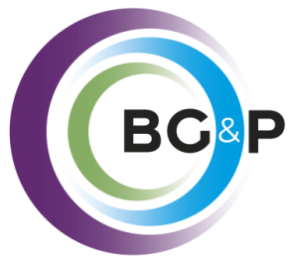
Erstellung eines praxisorientierten Leitfadens zur ertragsteuerlichen Behandlung von Agrargemeinschaften („Steuerguide“)
In Kooperation mit der BG&P Binder Grossek & Partner Steuerberatung und Wirtschaftsprüfung GmbH wurde ein Leitfaden zur ertrags- und umsatzsteuerlichen Behandlung von Agrargemeinschaften (AGG) erstellt.
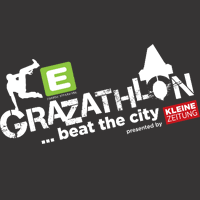
Quantifizierung der regionalwirtschaftlichen Bedeutung des Grazathlons 2024
In Kooperation mit der CompanyCode Werbe GmbH wurde eine regionalwirtschaftliche Analyse der Veranstaltung „Grazathlon 2024“ durchgeführt.
Der Grazathlon ist ein beliebter Hindernislauf in Graz, der am 8. Juni 2024 mit mehr als 6.000 Teilnehmer*innen stattgefunden und rund 5.000 Besucher*innen angezogen hat. Die Strecke umfasst 5 bis 10 km mit bis zu 25 Hindernissen und ist Teil der Veranstaltungsreihe „Beat the City“. Ziel des Projektes war die regionalwirtschaftliche Bedeutung des Grazathlons für die Steiermark zu quantifizieren, insbesondere hinsichtlich Bruttowertschöpfung, Beschäftigungseffekte sowie Steuer- und Abgabenaufkommen.
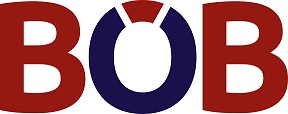
Assessment of sustainable action and sustainability reporting by BÖB members
In cooperation with the Federal Association of Austrian Accountants (BÖB), an online survey was carried out to determine the current status of sustainability reporting and sustainable behaviour at BÖB member companies. Sustainability reporting is becoming increasingly important for SMEs, as they have to report information to reporting companies as part of the value chain. In addition, sustainability information is also increasingly required when granting loans. The results of the study show that the majority of participants already act sustainably, but do not report on it.
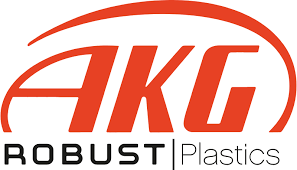
Development of a recipient-oriented catalogue of key figures for the plastics-producing plants of the Robust Industry Group
AKG Plastics GmbH is a plastics-producing company in the Robust Industry Group, whose service areas range from automotive to industrial packaging and hospital waste containers to modular floating elements.
As part of the project, a recipient-oriented catalogue of key figures was developed that is tailored to the information requirements of the management. This serves as a uniform basis for the monthly reporting of the individual plants to the "Finance" shared service centre.

Implementation of an analysis of the current situation and derivation of recommendations for action to harmonise and optimise sales costing in plastics-producing plants of the Robust Industry Group
AKG Plastics GmbH is a plastics-producing company in the Robust Industry Group, whose service areas range from automotive to industrial packaging and hospital waste containers to modular floating elements.
The aim of the project was to harmonise and optimise the sales calculation in four plants of the Robust Industry Group. To this end, the various procedures and methods used in sales costing at the four plants were analysed and the differences identified. Based on the results of the analysis, recommendations for action were derived to improve sales costing so that it can be standardised and improved.
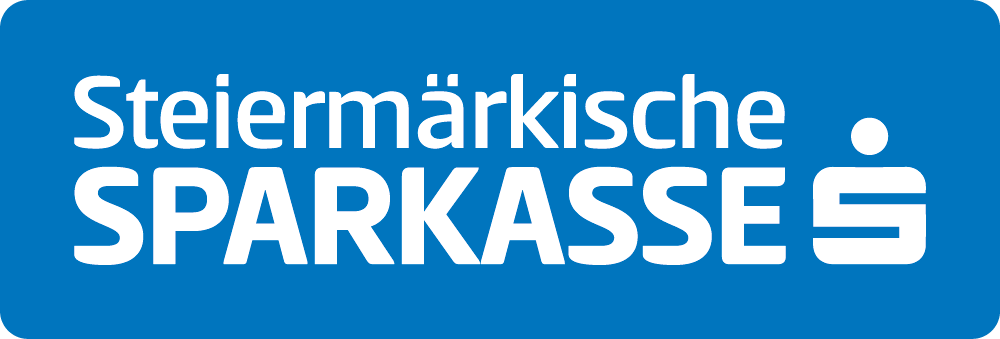
Design of a store dashboard for Steiermärkische Bank und Sparkassen AG, taking into account the information needs of the report recipients
The branches of Steiermärkische Sparkasse, which primarily provide their services to private customers, are subject to control through sales planning and extensive reporting tools. In this practical project, a clear MS Excel dashboard was developed for ongoing reporting on new private customer business, which complies with HICHERT's SUCCESS visualisation rules. The key figures presented were selected following a survey of branch managers and refined through a utility analysis before being integrated into the dashboard. This dashboard monitors new business in nine main categories and visualises the targets, actual values and deviations from the target status.
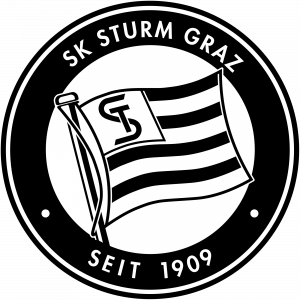
Quantification of the regional economic effects triggered by SK Sturm Graz in the 2022/23 financial year
The aim of this study is to quantify the regional economic effects of SK Sturm Graz. It takes into account all influences of the club on its environment as well as the interdependencies between the various economic sectors that are affected by the activities of SK Sturm Graz and the football matches.
The study, carried out in cooperation with CAMPUS 02 University of Applied Sciences and the Institute for Economic and Location Development of the Styrian Chamber of Commerce, shows that the club generated gross value added of EUR 42 million and taxes and duties of EUR 20.2 million in the 2022/23 financial year. In addition, a total of 462.5 full-time equivalent jobs were utilised.
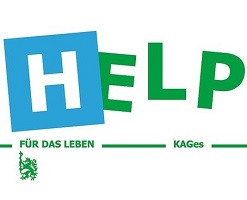
Analysing the allocation of secondary costs in the course of internal cost allocation at Steiermärkische Krankenanstaltengesellschaft m. b. H. (KAGes)
The aim of this practical project was to analyse in detail the internal cost allocation of the 10 provincial hospitals of Steiermärkische Krankenanstaltengesellschaft m.b.H. (KAGes). In a first step, SAP reports were used to determine the extent to which costs are allocated to final cost centres or preliminary cost centres (primary cost allocation) for selected cost types. Following the primary cost analysis, the allocation of secondary costs from input cost centres to final cost centres was subjected to a detailed analysis. Recommendations for the adaptation of internal documents were derived from the analysis.
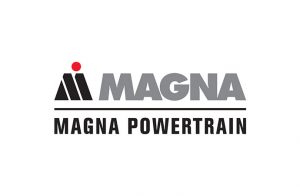
Conception of a methodology for measuring the success of building blocks
At Magna Powertrain, the introduction of the so-called "Cross Functional Building Blocks" began in 2020. The building block organization was successfully implemented in 2021. Numerous initiatives have already been launched and savings and recycling potential has been exploited. However, until the start of the project, the cooperation partner had suspected potential for improvement in the methodology for measuring the contributions to success.
Students on the 2020 Master's degree program developed a practical concept for the methodology of measuring the economic contributions to the success of building blocks. The concept is based on the Savage-Niehans principle, Bayes' rule, a benefit portfolio tailored to Magna Powertrain and the half-life concept. The concept was implemented in MS Excel.

Due to their diversity, heterogeneity and flexibility, SMEs are often described as the main pillars of a country's economy. They are characterized above all by their innovations and are particularly widespread in Austria. In order to survive on the market in the long term, it is therefore increasingly necessary for companies with smaller organizational structures to deal with the issue of risk-oriented procurement management. By means of effective, holistic and strategy-based procurement management, medium-sized companies will continue to be successful in the future.

Austria is ready for Industry 4.0. The importance of Industry 4.0 solutions will grow considerably in the coming years and the digitalization of value chains will shape the business environment. New, intelligent, networked and efficient production technologies are conquering factory halls and digital fabricators - 3D printers and related technologies (additive manufacturing, rapid prototyping, fabber, etc.) - have the potential to radically increase the flexibility of the production process.
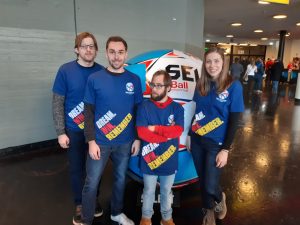
The 2020 European Men's Handball Championship (European Handball Championship) took place in Norway, Austria and Sweden from 9 to 26 January 2020. The Austrian Handball Federation (ÖHB) and its subsidiary ÖHB Marketing & Veranstaltungs GmbH acted as the local organizer. CAMPUS 02 University of Applied Sciences was tasked with investigating the regional economic effects of the European Handball Championships on the respective federal states of Vienna and Graz.
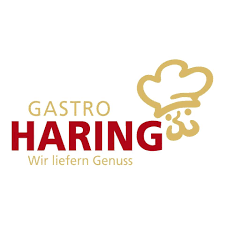
The company Gastro Dienst Haring was founded in 1986 by Mr. Johann Haring. The focus is on supplying restaurants with food and non-food items. The sole proprietorship grew and became a limited company in 2011. The one-person business became a company with over 40 employees. Due to Haring's constant growth, costs became impossible to overlook and price calculation became more difficult, also due to the fact that the figures only came from the accounting department. CAMPUS 02 University of Applied Sciences was tasked with presenting Gastro Haring's cost accounting using a Microsoft Excel tool.
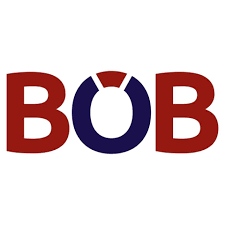
The Federal Association of Austrian Accountants (BÖB) is an independent, non-profit organization for the promotion, support and advice in matters of (balance sheet) accounting, payroll accounting, controlling and other accounting. With regard to the job description of the balance sheet accountant, the vision of a business management business partner is pursued. Numerous further training courses are offered to provide members with the best possible support.
Of course, digitalization has long since found its way into the accounting sector and requires a wide range of adjustments - in terms of employees, processes and equipment. In order to provide its members with the best possible support, the project aims to identify the advantages and disadvantages of digitalization in accounting. These advantages and disadvantages will ultimately be quantified in monetary terms.

In 2014, the EU member states adopted a directive to expand reporting by large, capital market-oriented companies, credit institutions, financial services institutions and insurance companies. This NFI (non-financial information) directive has been mandatory for capital market-oriented companies in Austria since 2017 as part of the Sustainability and Diversity Improvement Act (NaDiVeG). Specifically, this means that capital market-oriented companies must publish a non-financial statement or a separate non-financial report in addition to the management report.

Depreciation planning for Universalmuseum Joanneum GmbH is to be optimized, as there have been deviations between the planned and actual values in the past.
Once the data has been analyzed, the Excel planning is adapted on the basis of the findings and planning is also created with BMD. The revised budgeting workflows are documented in a manual.
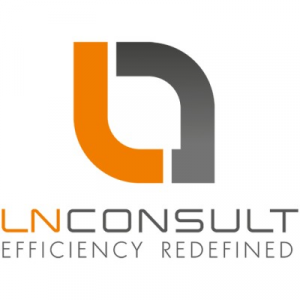
The "Order to Cash" (from order receipt to payment, including dunning) and "Purchase to Pay" (from order to payment) processes must be optimized in order to increase effectiveness (increase accuracy, reduce susceptibility to errors) and increase efficiency. The "synchronization of master data" process is also subject to optimization. Largely automated interfaces between the software tools should be provided.
Using the 4-step methodology of ÖNORM A 9009:2013 "Processes in management systems - Guidance", the actual processes are surveyed, potential for improvement is identified and target processes are designed.

Cost units must be defined to increase the informative value of monthly reporting. It must be determined from which project characteristics onwards separate cost objects are created or when "collective cost objects" are used. Cost types must be classified according to their allocability to the cost units (overhead costs, direct costs). Allocations of overhead costs to the cost units must be designed.

All merchandise management processes are to be handled in Kundenmeister and all merchandise management reports are to be generated from Kundenmeister. The project includes the preparatory design of the merchandise management processes. The normative basis for the conception is the 4-step methodology of ÖNORM A 9009:2013 "Processes in management systems - Instructions"
The designed target processes and an action plan for implementation are handed over to the project client.
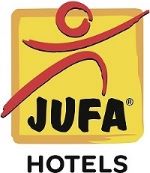
Conception of a risk management system for the JUFA Hotels Group
Following an analysis of the organizational and operational structure, Master's students from the 2021 intake designed a risk management process for the operational area of the JUFA Hotels Group. Together with the cooperation partner, methods for identifying, assessing, managing and reporting risks were developed. An Excel tool for implementing and documenting the process was handed over to the management of the JUFA Hotels Group.

Preparation of a planning calculation and evaluation of the start-up WAIBROsports
WAIBROsports is a Graz-based start-up that is working on the development of a belt for visually impaired runners. Master's students from the class of 2021 have created an integrated budget consisting of a profit and loss account, balance sheet and cash flow statement in Excel. In addition, a company valuation derived from the planning calculation was handed over to the cooperation company.

Identification and evaluation of optimization potentials in the cost accounting system of Steiermärkische Krankenanstaltengesellschaft m. b. H. (KAGes)
A cost accounting ordinance was issued at the statutory level for hospitals financed by provincial funds, such as the Styrian KAGes. The legal requirements allow a certain amount of leeway. In cooperation with the Finance and Controlling organizational unit of KAGes, bachelor students of the class of 2020 were able to identify potential with regard to company-wide standardization in cost center accounting and internal cost allocation.
CAMPUS 02 University of Applied Sciences
Coordination of the Financial accounting programme
Körblergasse 126, 8010 Graz
Follow us on:

